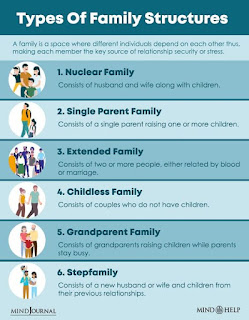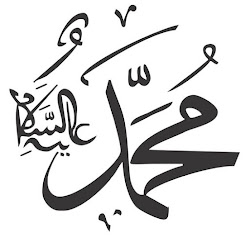Pkaistan's lifestyle
The Pakistani lifestyle is diverse and influenced by various factors such as geography, culture, religion, and socio-economic status. While it's challenging to capture the entirety of Pakistani lifestyle in a brief description due to its rich complexity, I can provide you with some general insights into certain aspects of Pakistani life.
Family and Social Structure: Pakistani society places a strong emphasis on family and social relationships. Extended families often live together or in close proximity, and familial ties are highly valued. Respect for elders and taking care of parents in their old age are considered important virtues
Religion: Pakistan is an Islamic country, and Islam plays a significant role in shaping the lifestyle of its people. Many Pakistanis adhere to Islamic practices, and religious festivals and customs are widely observed. Mosques are an integral part of the community, and prayer times are respected.
Food: Pakistani cuisine is rich and diverse, influenced by various regional and cultural traditions. Staple foods include rice, wheat, lentils, vegetables, and meat, with popular dishes like biryani, kebabs, and curries. Tea, particularly chai, is a widely consumed beverage, and traditional sweets like gulab jamun and jalebi are enjoyed on special occasions.
Clothing: Traditional clothing in Pakistan varies across regions, but the national dress for men is the shalwar kameez, which consists of loose-fitting trousers (shalwar) and a long shirt (kameez). Women commonly wear shalwar kameez or sarees, while the burqa or hijab is worn by some women for religious or cultural reasons.
Festivals: Pakistan celebrates various religious and cultural festivals. Eid-ul-Fitr and Eid-ul-Adha are the two major Islamic festivals celebrated with great enthusiasm. Other significant festivals include Basant (kite flying festival), Independence Day, and various regional festivals that highlight local traditions and customs.
Arts, Music, and Entertainment: Pakistani society has a rich artistic heritage. Traditional forms of music like Qawwali and classical music (ghazals) are cherished, along with modern genres such as pop and folk music. Pakistani cinema, known as Lollywood, produces a range of films. TV dramas and shows are highly popular, and cricket is the most followed sport.
Education and Work: Education is valued in Pakistani society, and efforts are being made to improve literacy rates. Both traditional and modern educational institutions exist across the country. In terms of work, a significant portion of the population is engaged in agriculture, while others work in various sectors such as services, industry, and information technology.
It's important to note that Pakistan is a diverse country with a wide range of lifestyles, and the above points provide a general overview. There are regional, cultural, and individual variations within the Pakistani lifestyle, which contribute to its vibrancy and uniqueness.
Hospitality: Pakistanis are known for their warm hospitality. Guests are treated with great respect and are offered generous hospitality, including food and beverages. Hosting guests and arranging elaborate meals is considered a way of showing respect and building social connections.
Language and Communication: Urdu is the national language of Pakistan and is widely spoken and understood. However, Pakistan is a linguistically diverse country, with various regional languages such as Punjabi, Sindhi, Pashto, and Balochi also spoken. English is commonly used in business, education, and official settings.
Traditional Arts and Crafts: Pakistan has a rich tradition of arts and crafts. Traditional crafts include pottery, woodwork, embroidery, carpet weaving, and metalwork. These crafts often have a distinct regional flavor and are passed down through generations, contributing to the preservation of cultural heritage.
Social Customs: Respect for elders and authority figures is deeply ingrained in Pakistani culture. Handshakes are a common form of greeting, with men often shaking hands with each other and women often greeting with a nod or a handshake among close acquaintances. Modesty in behavior and dress is valued, particularly in more conservative regions.
Gender Roles: Traditional gender roles are prevalent in Pakistani society, with distinct expectations for men and women. Men are typically considered the primary breadwinners, while women are often responsible for managing household affairs and caring for the family. However, there has been progress in women's empowerment and increased participation of women in various fields.
Transportation: In urban areas, private vehicles, public buses, and rickshaws (three-wheeled vehicles) are commonly used for transportation. In rural areas, bullock carts and horse-drawn carriages are still used. Cities also have ride-hailing services and taxis. Additionally, Pakistan has a well-established railway network connecting major cities.
Social Issues: Like any other country, Pakistan faces various social issues such as poverty, inequality, and access to healthcare and education. Efforts are being made to address these challenges, and social welfare programs have been implemented to uplift marginalized communities.
It's important to remember that Pakistan is a diverse country, and there can be variations in lifestyle, customs, and traditions across different regions and communities.
















Comments
Post a Comment